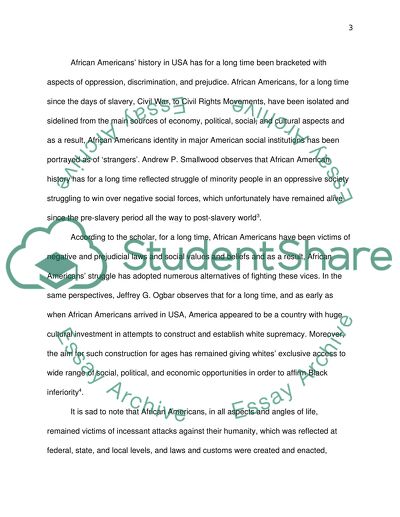Cite this document
(“Black Power Movement (Nationalism) Research Paper”, n.d.)
Retrieved de https://studentshare.org/history/1392633-black-power-movement-nationalism
Retrieved de https://studentshare.org/history/1392633-black-power-movement-nationalism
(Black Power Movement (Nationalism) Research Paper)
https://studentshare.org/history/1392633-black-power-movement-nationalism.
https://studentshare.org/history/1392633-black-power-movement-nationalism.
“Black Power Movement (Nationalism) Research Paper”, n.d. https://studentshare.org/history/1392633-black-power-movement-nationalism.


